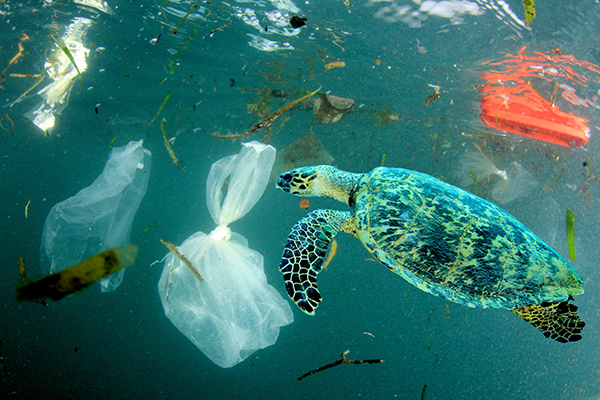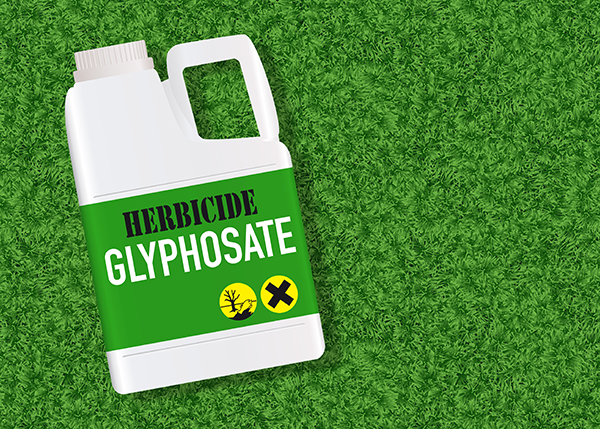Following East Palestine train derailment, environmentalists push EPA to ban vinyl chloride
08/08/2023 / By Ethan Huff

A gathering of environmental leaders converged at the steps of the U.S. Environmental Protection Agency’s (EPA) headquarters this week to demand an immediate ban on toxic vinyl chloride, the same deadly chemical that was released in the East Palestine train derailment.
While the EPA limits vinyl chloride emissions below a certain threshold, the environmental leaders want the agency to ban vinyl chloride entirely because it causes cancer, among other things.
On July 27, the environmental leaders presented a petition signed by more than 27,000 people calling on the EPA to ban the chemical, which is used to make polyvinyl chloride (PVC) plastic for drinking water pipes, consumer product packaging, and children’s toys.
The East Palestine train wreck released about 100,000 gallons of vinyl chloride as part of a “controlled burn,” which was supposed to help prevent the toxic substance from causing more damage than necessary. As a result, the world’s largest dioxin plume was released, blanketing the region with vinyl chloride residue.
(Related: Reports found that the air around East Palestine following the derailment contained “higher than normal” concentrations of at least nine highly toxic chemicals, including vinyl chloride.)
Should “petrochemical” products made from petroleum and natural gas be banned, or is this just another assault on so-called “fossil” fuels?
According to the environmental leaders, what happened in East Palestine should serve as a “chilling warning” about how the public must act now to keep communities safe from so-called “petrochemical” products made from petroleum and natural gas.
Heather McTeer Toney, executive director of the Beyond Petrochemicals campaign, stood in front of the EPA building along with her supporters and demanded that the EPA finish the job of banning vinyl chloride from the consumer market.
Back in 1974, the EPA banned vinyl chloride in refrigerants, aerosol propellants, drugs, and cosmetics. Now, some are demanding that the EPA ban vinyl chloride from everything else.
Short-term exposure to vinyl chloride is linked to dizziness, drowsiness, and headaches, according to the EPA’s website. All of these symptoms and more reported among residents in the East Palestine area.
Over the long term, breathing in vinyl chloride is linked to a rare form of liver cancer, the EPA warns. Research further suggests that infants and young children are particularly susceptible to vinyl chloride’s toxicity due to the dioxins that are released, especially when the substance is burned.
“We’re here today for one reason and one reason only – to tell the EPA that it’s time now,” said Daniel Winston, co-executive director of the group River Valley Organizing. Winston lives just 17 miles from the site of the East Palestine train derailment.
“We can’t wait to ban vinyl chloride,” Winston added. “You can’t slow-walk this. The livelihoods of Americans are dependent on the EPA doing their job and banning things that are giving people cancer.”
Several large companies are already working ahead of regulators at the EPA to phase out the use of PVC. They have all signed onto what is known as the U.S. Plastics Act, which aims to rid all plastic packaging of “problematic and unnecessary” PVC by the year 2025.
Walmart, Target, Aldi, General Mills, and Coca-Cola have all signed onto the U.S. Plastics Act, despite the fact that more than 120 new petrochemical projects are now being proposed in Louisiana, Texas, and the Ohio River Valley.
In the comments, one person asked what can replace PVC, seeing as how it is used in piping, doors, windows, plastic bottles, packaging, bank and membership cards, plumbing, cable insulation, flooring, signage, phonograph records, inflatable products, and rubber substitutes.
“Any idea?” this person asked. “Some other polymer that is being manufacturing using other toxic monomers, which means more carbon footprint and pollution?”
The latest news about what the EPA is up to can be found at EPA.news.
Sources for this article include:
Submit a correction >>
Tagged Under:
ban, big government, Dangerous, derailment, dioxin, East Palestine, Ecology, environment, environmentalists, EPA, Norfolk Southern, poisons, revolt, toxic chemicals, toxic ingredients, toxins, train, Vinyl chloride
This article may contain statements that reflect the opinion of the author
RECENT NEWS & ARTICLES
Chemicals.News is a fact-based public education website published by Chemicals News Features, LLC.
All content copyright © 2018 by Chemicals News Features, LLC.
Contact Us with Tips or Corrections
All trademarks, registered trademarks and servicemarks mentioned on this site are the property of their respective owners.




















